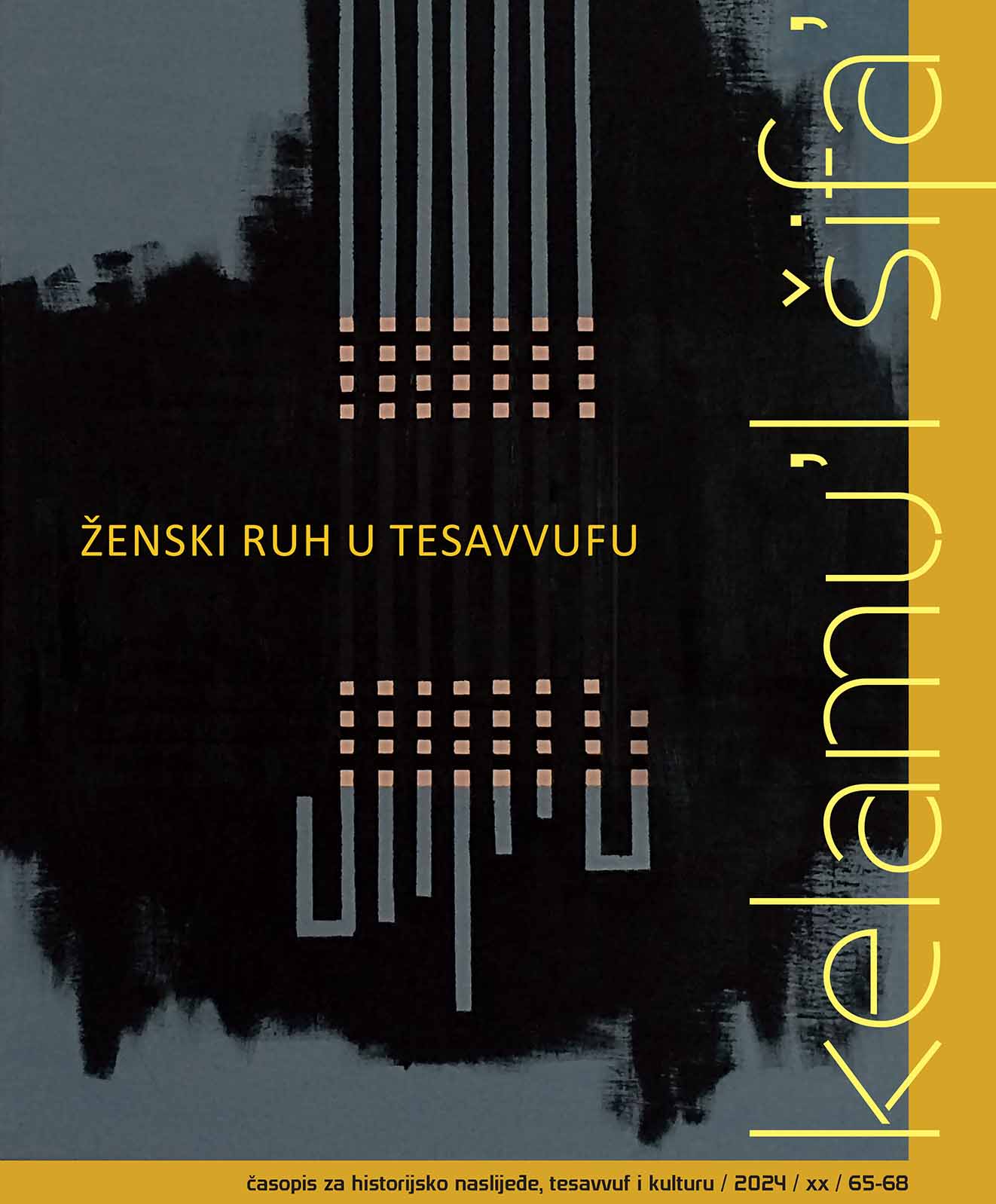Sufizam i prevencija maloljetničke delikvencije
Sufism and Prevention of Juvenile Delinquency
Author(s): Ernada Fatima AvdibegovićSubject(s): Social Sciences, Sociology, Theology and Religion, Islam studies, Social development, Family and social welfare
Published by: Fondacija Meyli
Keywords: prevention; spirituality; youth; Sufism; tariqa; tekke;
Summary/Abstract: Working with young people is a multidisciplinary field, and it occupies the attention of various sciences such as pedagogy, education, psychology, and social work. Today, in the age of the crisis of authority, young people grow up exposed to various risk factors: inadequate family environment, economic crises, wars, transition processes, underdeveloped social capacities, general insecurity, corruption, consumerism, alienation, and loneliness. The family is facing a challenge. In Bosnia and Herzegovina, according to the 2013 population census, more than 90% of people identify themselves as religious. Sufi organizations, brotherhoods, and tariqats have existed in Bosnia and Herzegovina for centuries, since the arrival of Islam in these areas, which tells us that they are an important factor in building the tradition and religious identity of Bosnian Muslims - Bosniaks. These facts indicate that in working with young people we must investigate and take into account the role of religion as a social phenomenon, but also faith as a personal internal relationship with the world as a factor of resistance in facing life’s challenges. That was the reason that, as a student of social work, I did research for my master’s thesis on the topic: The influence of Sufi spirituality on the prevention of socially unacceptable behavior of young people. Sufi organizations (tariqats) have their own structure: theory, practice, hierarchy, organization. This means that we have a comprehensive approach to young men and this is an important assumption for prevention. The research included an interview with the leaders of the tekis, 6 questionnaires with 80 young members of the tariqat between the ages of 15 and 30, and 80 young people who are part of various NGOs and who declared that they do not practice any form of religiosity. The questionnaires were based on the measurement and recognition of: intrinsic/extrinsic moments, altruism, prosociality, aggressiveness, depressive and anxious moments, the second special questionnaire for young people in the tekke was intended to shed light on the relationship with the shaykh as an authority - educator and advisor.
Journal: Kelamu’l Šifa’
- Issue Year: 1/2024
- Issue No: 65-68
- Page Range: 170-192
- Page Count: 23
- Language: Bosnian

